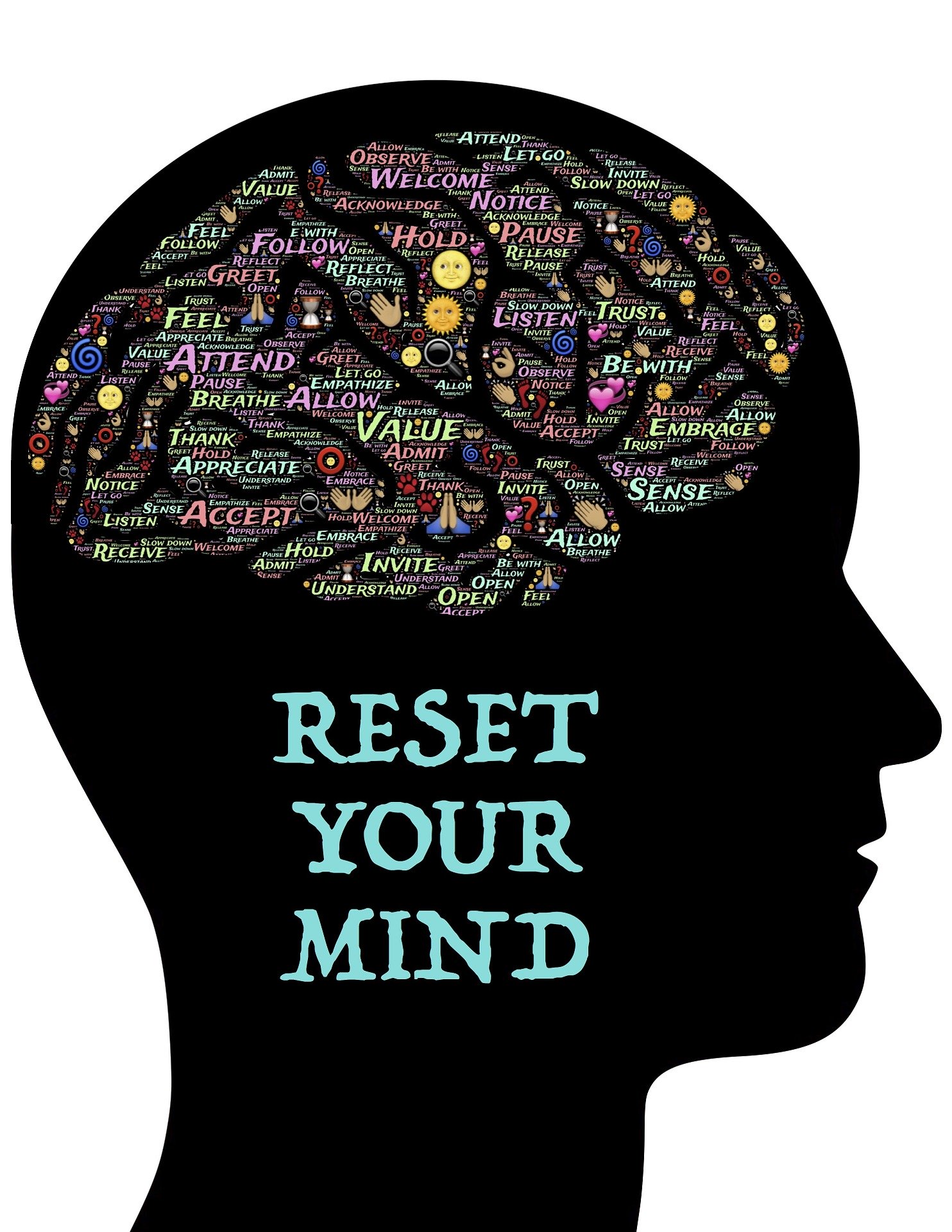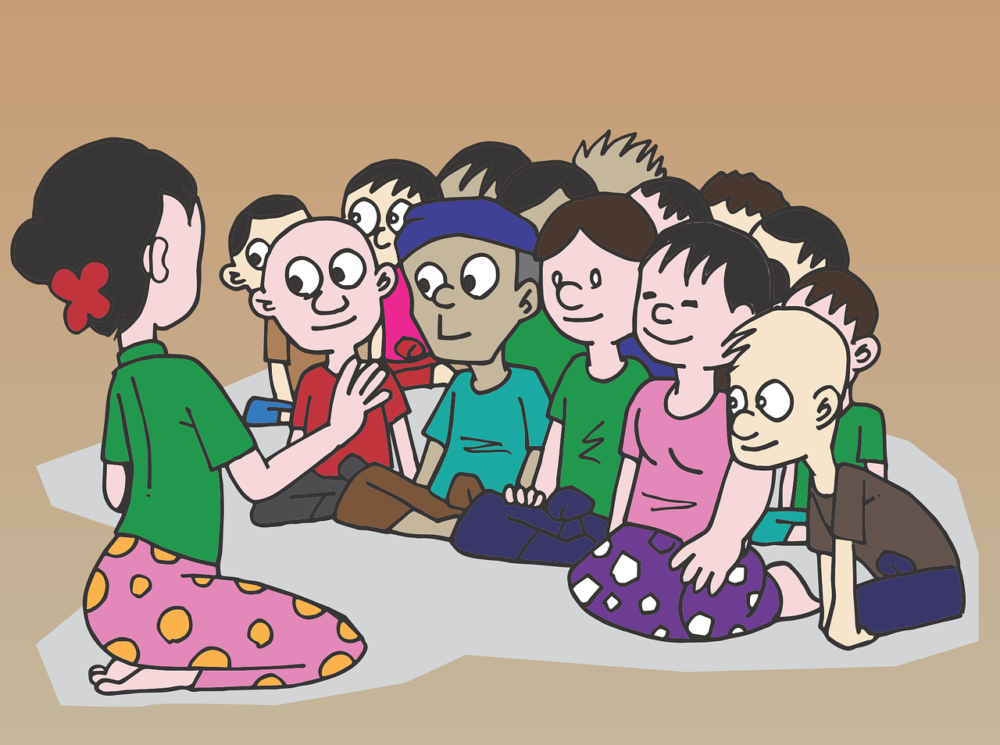Last month we wrote a post on Growth Mindset – what it actually means and the science behind it. Often, educators know the theory behind the mindset, but struggle to find ways of implementing it in a meaningful, long term way. Many schools host assemblies and whole PSHE classes on the topic, which is a great start, however the best results come from those who continue to reinforce the ethos every day. For some teachers and student support workers, knowing where to begin can be a bit daunting, but it’s actually much easier to slot into lessons than many realise.
A large part of helping young people to develop a positive growth mindset rests on the language which people around them use, and that which they use in themselves. As far back as 20 years ago, studies revealed that a subtle change in how students were praised could lead to a dramatic shift in their behaviour. One example showed that children who were praised for their effort enjoyed tasks much more than children who were praised for their intelligence. They were also found to perform much better in future tasks compared to their peers. By using positive language to enhance the idea that learning is not always straightforward, this encourages students to choose more difficult tasks to stretch themselves.

Image Source: Pexels
Assessing Attainment Using Growth Mindset
How educators present assessment tasks such as tests and projects can have a massive impact on a learners approach to these. Over 40 years ago, one psychologist in America studied how primary school students viewed an upcoming test. Those who viewed it as an opportunity to compare themselves against their classmates tended to be more vulnerable to failure which could have a direct impact on their self-esteem. Other students approached the test in a more task orientated way and used it as a chance to see how much they had learned. Task orientation has since been associated with many positive learning impacts, such as better motivation, confidence and reduced anxiety.
By adapting the language we use when addressing students, this in turn has an impact on the language they use when addressing themselves. Self talk affects how people think, feel and ultimately perform and encouraging positive, open and growing thoughts will help young people manage their nerves, improve creativity and increase their persistence and motivation.

Image Source: Pixabay
How Can WiseUp Team Building Help?
All of our instructors at WiseUp Team Building are specifically trained to use language which encourages the personal growth mindset of every student we work with. A study done on “Knowing your Limits” found that people are often not the best indicators of their best efforts and when challenged, may surpass their own expectations. Our instructors work hard to help learners realise their personal and combined team potential, and to use metacognitive questions such as “what could I do differently” to continue to improve. Not only do we ensure that our activity days are enjoyable and challenging, they are also jam packed full of useful techniques and tools which young people can take away with them and apply both in and outside the classroom to further their life learning.

Image Source: Pixabay
Get in Touch
If you would like to hear how our team can provide challenging team building days to improve student’s growth mindset at your school site, please use our easy enquiry form below or give us a call.
Title Image Source: Pixabay
Return to Blog



